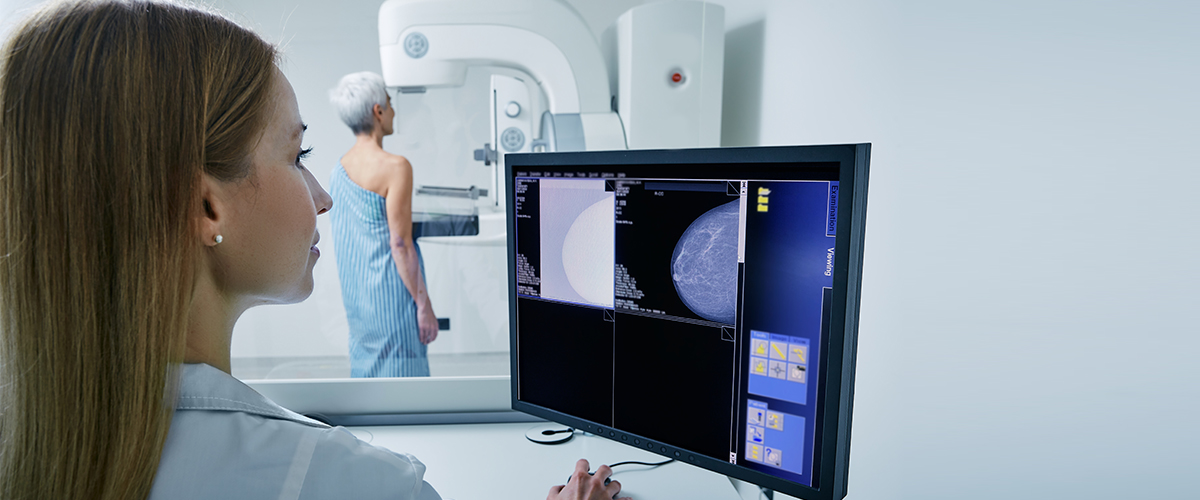One of the leading causes of death worldwide, cancer is also one of the most curable diseases when detected early. Early detection significantly improves cancer patients’ quality of life and survival, making it an important part of the fight against the disease. People can take control of their health and possibly save lives by identifying the symptoms and getting medical help as soon as possible.
Early Warning Signs
It’s important to identify early warning indicators of cancer in addition to routine screenings. Some cancers display subtle symptoms that should not be disregarded, even though many are asymptomatic in their early stages. These consist of:
- Unexplained weight loss
- Persistent fatigue
- Persistent cough or difficulty swallowing
- Changes in bowel or bladder habits
- Changes in skin appearance (new moles or changes to existing moles)
- Unexplained lumps or swelling
It’s best to speak with a healthcare professional if something seems strange. Cancer can advance to a more advanced and challenging-to-treat stage if symptoms are ignored or medical attention is put off.
Why Early Detection Matters
When certain cells clone and multiply uncontrollably, it can lead to cancer and tumors that spread to other parts of the body. Regular screenings and health examinations can save lives because the majority of cancers are asymptomatic in their early stages. Early detection is beneficial.
- Enhance Treatment Results: Early detection of cancer typically results in less invasive, more successful, and less harmful treatment outcomes.
- Lower Treatment Costs: More costly and time-consuming advanced cancer treatments are frequently needed. By interrupting the progression of the disease, early intervention can spare patients the financial and psychological strain of prolonged treatment.
- Less Forceful Intervention: Advanced-stage cancer treatments are often more complex and may involve radiation, complex procedures, or multiple rounds of chemotherapy. These treatments can have major side effects and require a long recovery time. However, early-stage cancers often require less aggressive treatments, which leads to a faster recovery and fewer side effects.
- Improve Quality of Life: Early intervention lowers the risk of complications and the impact of cancer on important organs, enabling the patient to have a higher quality of life during the course of treatment.
Conclusion
Preventive measures should be prioritized in order to lower the overall risk of developing cancer, even though early detection is important. Your risk can be decreased by adopting lifestyle choices like eating a balanced diet, exercising frequently, staying away from tobacco, and consuming alcohol in moderation. Keeping up with routine health examinations and screenings can also guarantee that any possible problems are identified early.
Because it enables quick action and less aggressive treatment options, early cancer detection can actually save lives. You can take charge of your health and improve your chances of detecting cancer early by being proactive and knowledgeable about cancer screenings.

